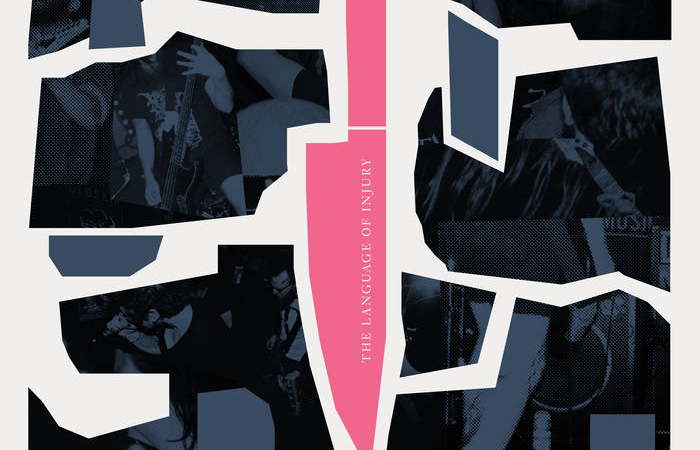The United Kingdom’s Ithaca deliver a storm of sinister proportions on their debut full length The Language of Injury, out February 1 on Holy Roar Records. The album bursts at the seams with emotion and raw passion, beating the listener over the head with many different pummeling stylistic concepts that morph together into one thrillingly monstrous whole. The tumult packed into the record might be overwhelming — but it’s our storm. It’s our monster.
An obvious sense of personality binds the album together, but that’s not nearly all. The band also consistently go all out with their sound, delivering a thundering portrait of the tension they’re drawing on and talking about. There’s little way to escape the magnanimity of this record.
Ultimately, Ithaca feel like they distinguish themselves through being far more consciously heavy than their peers. Plenty of other bands have explored the interaction between light and dark — in other words, soft and heavy music — even within the general “melodic hardcore” framework that Ithaca operate in. On the flip side, plenty of bands have delivered pummeling blast beats and choking riffs that feel like melodic ideas thrown through a blender that was turned up to 11. Fewer bands, however, have sought to see what wholly new ideas they could bring to life through monstrously heavy music, which feels like precisely where Ithaca come in. They’re among the greats.
Their music bursts at the seams like it itself is alive, taking whatever turn it damn well pleases no matter precedent or expectation or anything of the sort. While vocalist Djamilia Azzouz delivers her harrowing growled tales of being emotionally broken in half, the music her bandmates play delivers the exact same impression, like it’s crucial to their storytelling as well.
On top of all of these features, they’ve not gone far enough into their “storytelling” and messing around with preconceived notions about heaviness to obscure their songwriting capabilities. Their sonic diversity comes together in a well structured whole that’s obviously had every detail pored over, all of which fit.
Ultimately, The Language of Injury feels like an experience demanding to be jumped into.
5/5 Stars
Listen below via Bandcamp
You may also like
-
Diana Kurz at Lincoln Glenn in New York: A Review of a Shining Art Exhibition
-
Dustin Hodges at 15 Orient in New York City: An Ensnaring Exhibition at an Exciting Gallery
-
Maren Hassinger at Susan Inglett Gallery in New York: Reviewing an Uplifting Art Exhibition
-
Enzo Shalom at Bortolami in New York City: Reviewing an Entrancing Exhibition of Paintings
-
“Ben Werther: Townworld” at Amanita in New York City: Reviewing a Richly Memorable Art Exhibition
